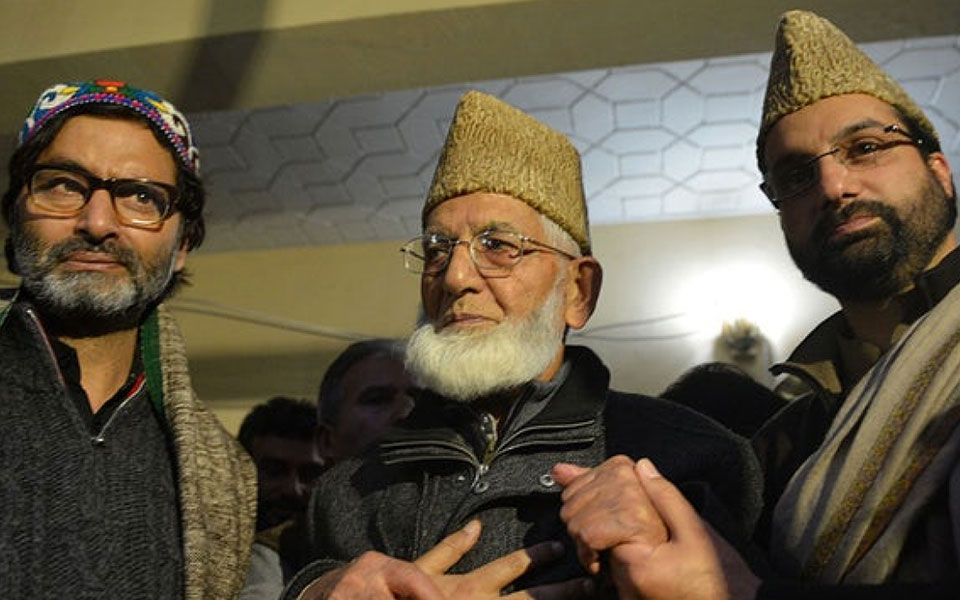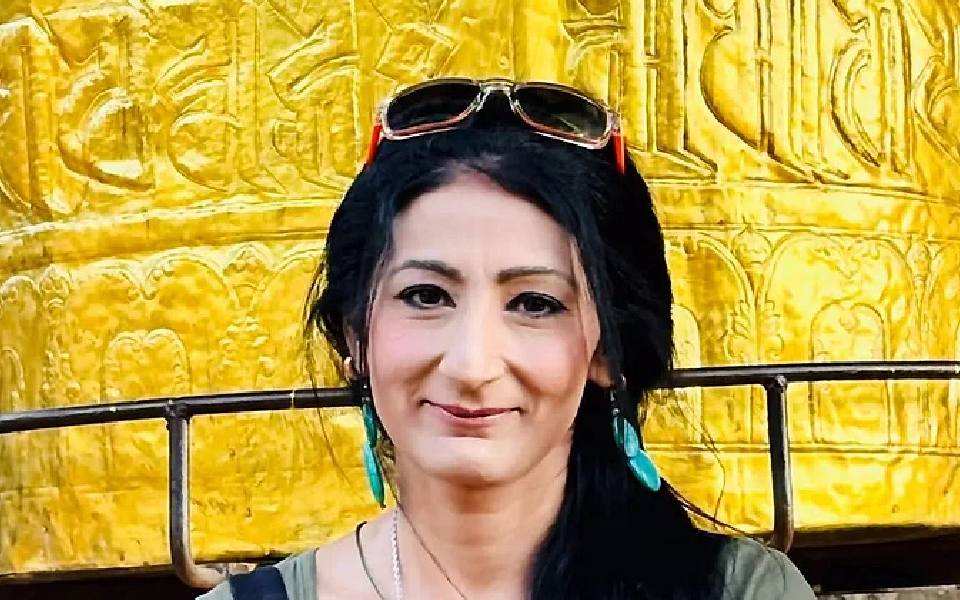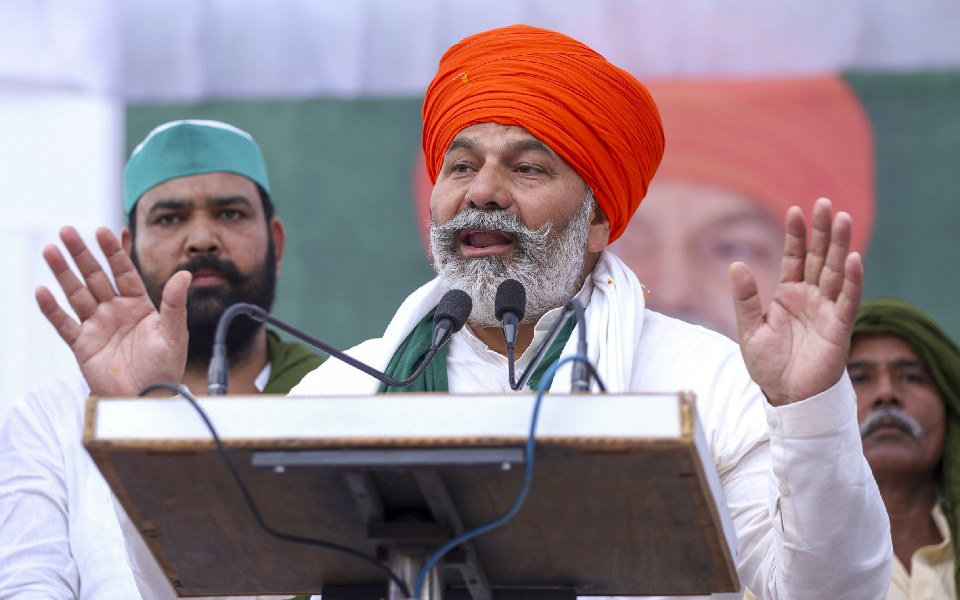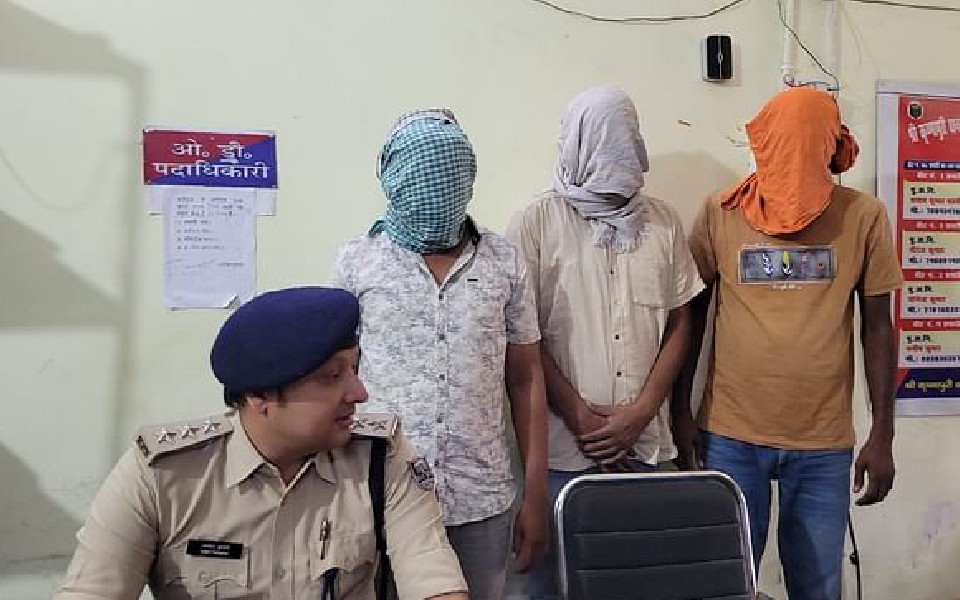Srinagar, June 21: Authorities on Thursday placed senior separatist leaders under detention in the summer capital Srinagar to prevent their participation in a protest shutdown that derailed life in the Kashmir Valley.
Police took Muhammad Yasin Malik, Chairman of pro-Azadi Jammu and Kashmir Liberation Front (JKLF), into preventive custody here to stop him from taking out a protest march in the city.
Mirwaiz Umer Farooq and Syed Ali Geelani were placed under house arrest at their residences on the outskirts of Srinagar.
The Joint Resistance Leadership (JRL), a grouping of separatists headed by Geelani, Mirwaiz Farooq and Malik, called for the shutdown against the killing of senior journalist Shujaat Bukhari and continuing killings of civilians in Kashmir.
Bukhari, editor of "Rising Kashmir" newspaper, was shot dead along with two security guards in Srinagar on June 14.
Shops, public transport, other businesses and educational institutions remained shut on Thursday at most places in Srinagar while attendance in banks, post offices and government offices was thin due to non-availability of public transport.
Private transport and some three-wheelers, however, plied in uptown areas of Srinagar.
Taxis and buses carrying tourists to Sonamarg, Pahalgam and Gulmarg hill stations operated as usual. Train services were suspended in the Kashmir Valley as a precaution.
No incident of stone pelting was reported in the Valley.
The shutdown also derailed normal life in all other major cities and towns of the Valley, where a separatist campaign has been raging since 1989.
Despite the shutdown, Governor N.N. Vohra and all senior bureaucrats of the state government attended their offices in the Srinagar Civil Secretariat on Thursday.
Vohra had on Wednesday too visited the Civil Secretariat and was presented a guard of honour by police though June 20 was a public holiday in the Valley on account of the annual festival at the Mata Kheer Bhawani shrine, the holiest for Kashmiri Pandits.
Vohra took charge of the Jammu and Kashmir administration after the PDP-BJP coalition government collapsed following the BJP's withdrawal of support to the PDP.
Let the Truth be known. If you read VB and like VB, please be a VB Supporter and Help us deliver the Truth to one and all.
London/New Delhi: Professor Nitasha Kaul, a London-based academic, announced on May 18, 2025, via a social media post that her Overseas Citizenship of India (OCI) card has been cancelled by the Indian government. She described the move as a "bad faith, vindictive, cruel example of transnational repression" intended to punish her for her scholarly work critical of the Modi government's policies concerning minorities and democracy.
The cancellation follows an incident in February 2024 when Professor Kaul, who holds a British passport and held an OCI card, was denied entry into India upon arrival at Bengaluru airport. She had been invited by the then Congress-led Karnataka state government to speak at a conference on "The Constitution and Unity in India."
According to an image of the letter shared by Professor Kaul, the Indian government stated that it had been "brought to the notice of the Government of India that you have been found indulging in anti-India activities, motivated by malice and complete disregard for facts or history." The letter further accused her of regularly targeting India and its institutions on matters of India's sovereignty through "numerous inimical writings, speeches and journalistic activities at various international forums and on social media platforms."
Professor Kaul, who is a Professor of Politics, International Relations, and Critical Interdisciplinary Studies and the Director of the Centre for the Study of Democracy (CSD) at the University of Westminster, London, vehemently rejects these accusations. She stated she had provided a 20,000-word response to what she termed the government's "ridiculous inanity about ‘anti-India’," but the OCI was cancelled through a "rigged process."
In her social media posts, Professor Kaul lamented the decision, questioning how the "mother of democracy" could deny her access to her mother in India. She characterized the action as stemming from "thin-skinned, petty insecurity with no respect for well-intentioned dissent."
The February 2024 denial of entry had already sparked controversy. At the time, immigration officials reportedly cited "orders from Delhi" without providing formal reasons, though Professor Kaul mentioned informal references to her past criticism of the Rashtriya Swayamsevak Sangh (RSS). The Ministry of External Affairs had then responded by stating that the entry of foreign nationals into India is a "sovereign decision." Unofficial government sources had indicated that a "preventive lookout circular" was issued against her due to her alleged "pro-separatist" and "anti-India" stance on Kashmir.
The BJP in Karnataka had criticised the state government for inviting her, labelling her an "anti-India element." Conversely, the then-Karnataka government and various international human rights organizations and academic bodies had condemned the denial of entry.
Professor Kaul has been an outspoken commentator on Indian politics, including the abrogation of Article 370 in Jammu and Kashmir, and has testified before international bodies such as the US Congress on human rights in the region. She maintains her work is academic and pro-democracy, not anti-India.
The cancellation of her OCI card effectively bars her from entering India, a country to which she has personal and academic ties. This incident adds to a growing list of academics, journalists, and activists of Indian origin whose OCI status has been revoked or who have been denied entry to India in recent years, raising concerns about freedom of speech and dissent. Reports indicate that over 100 OCI cards were cancelled by the Indian government between 2014 and May 2023. Furthermore, in 2021, new rules were introduced requiring OCI cardholders to obtain special permission for activities such as research and journalism.





